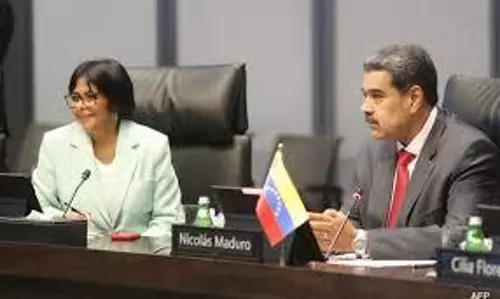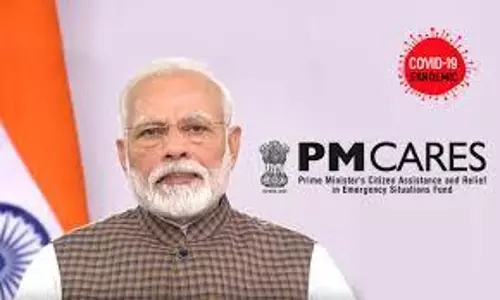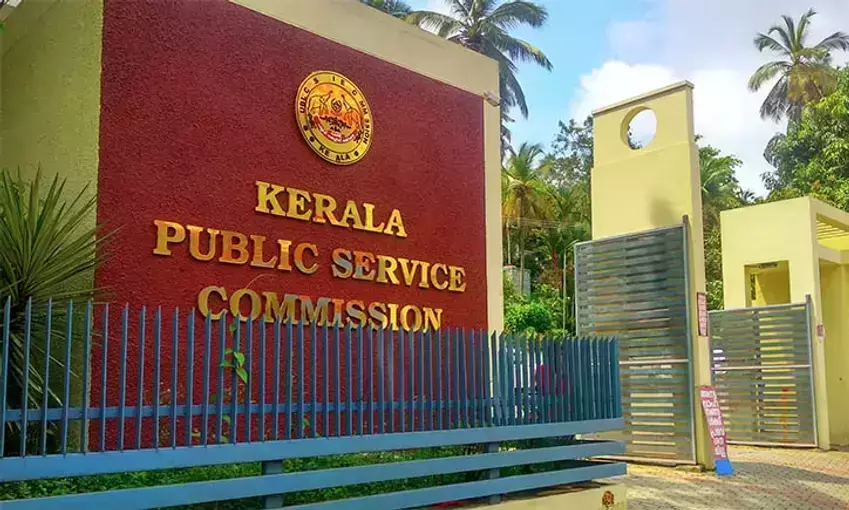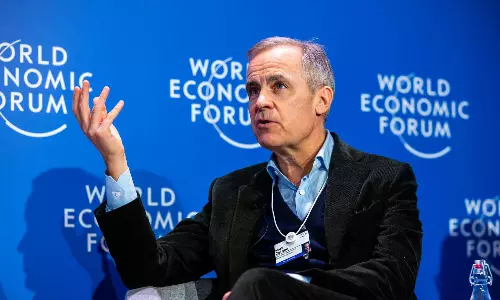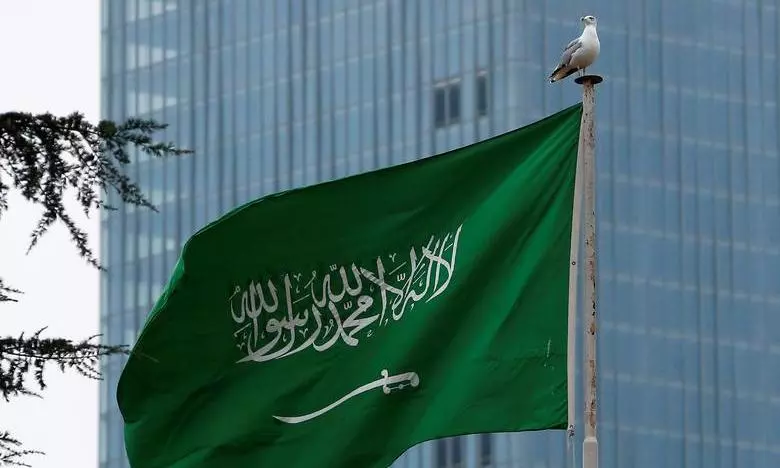
Saudi Arabia tops in two environmental performance indicators globally
text_fieldsSaudi Arabia has surpassed 180 countries in two environmental performance indicators, according to the National Center for Performance Measurement (Adaa), which monitors the international indicators.
The Kingdom topped the "Tree Cover Loss" and "Wetland" indicators and as well ranked eighth in the world in the "Species Habitat Index", reported the state-run Saudi Press Agency (SPA).
Marking the World Environment Day on Saturday (June 5), Adaa also revealed that Saudi outperformed 172 countries in preserving and protecting natural environments and preventing the extinction of rare animal species.
Citing Adaa, SPA stated that the Ministry of Environment, Water, and Agriculture (MEWA) has contributed to nurturing natural resources and their sustainable development and has brought in a significant impact on life, wealth, and the economy.
Beating 133 countries, Saudi Arabia ranked 34th globally and first in the Middle East and North Africa (MENA) region in the "Forest soils and Site" indicator, which evaluates the quality of land, forests, and soil resources and their impact on the quality of life.
Based on data issued by the World Resources Institute, for the "No Floods" indicator which measures the number of recorded floods, the Kingdom ranked 17th worldwide.
Moreover, in the "Sustainable Nitrogen Management" which measures sustainable nitrogen management in crop production through two measures that are nitrogen use efficiency and land-use efficiency for crop productivity, the Kingdom stood 19th globally, Adaa confirmed.
"No Floods" and "Sustainable Nitrogen Management" were categorized as sub-indicators of the "Forest soils and site."
Adaa added the Kingdom ranked 13th globally out of 167 countries in "Satisfaction with Efforts to Preserve the Environment" indicator, according to questionnaires prepared by Gallup polls which measure efforts to preserve environmental sustainability.
The Kingdom has hoisted several initiatives such as the "Saudi Green Initiative, "Middle East Green Initiative," and megaprojects including Qiddiya, NEOM, the Red Sea Project and AMAALA as part of the goals set by the Kingdom Vision 2030.
These schemes have gained global appreciation and are expected to reduce carbon emissions, thwart deforestation, preserve marine and coastal environments and to boost usage of clean energy through renewables.









